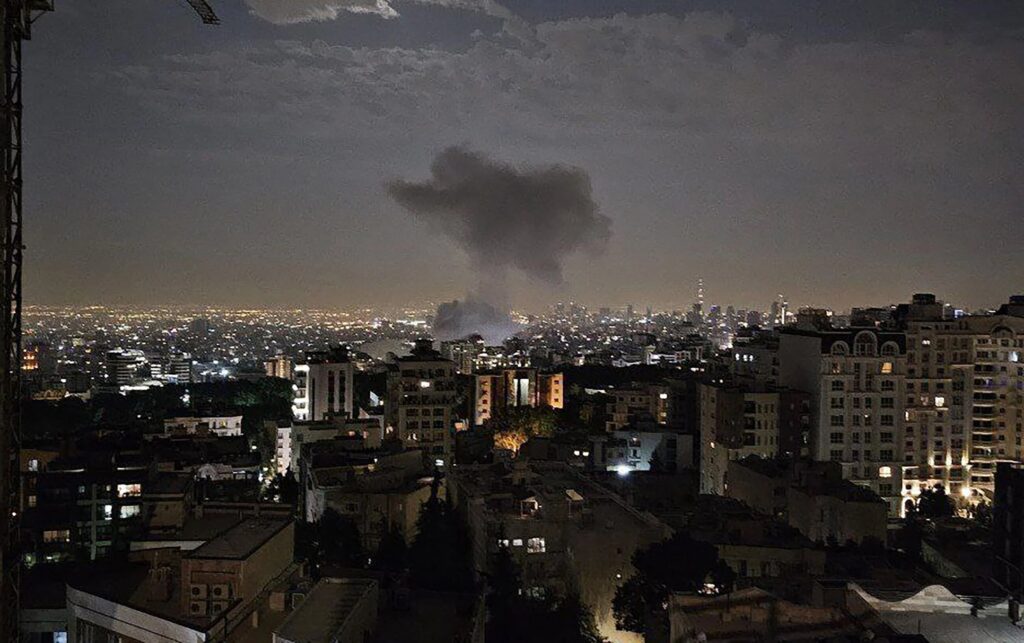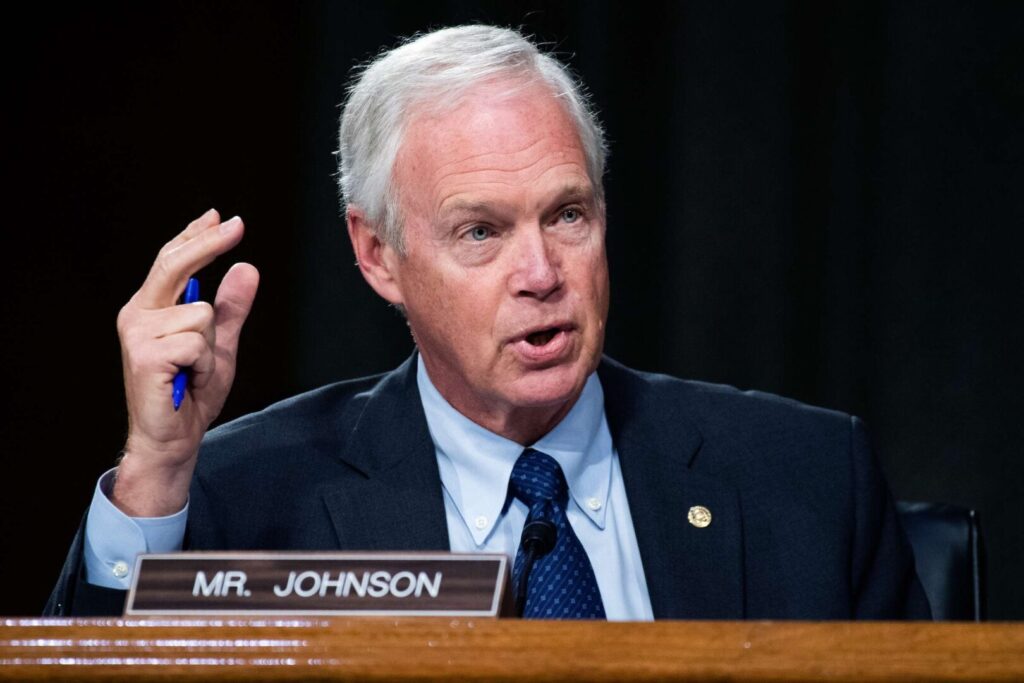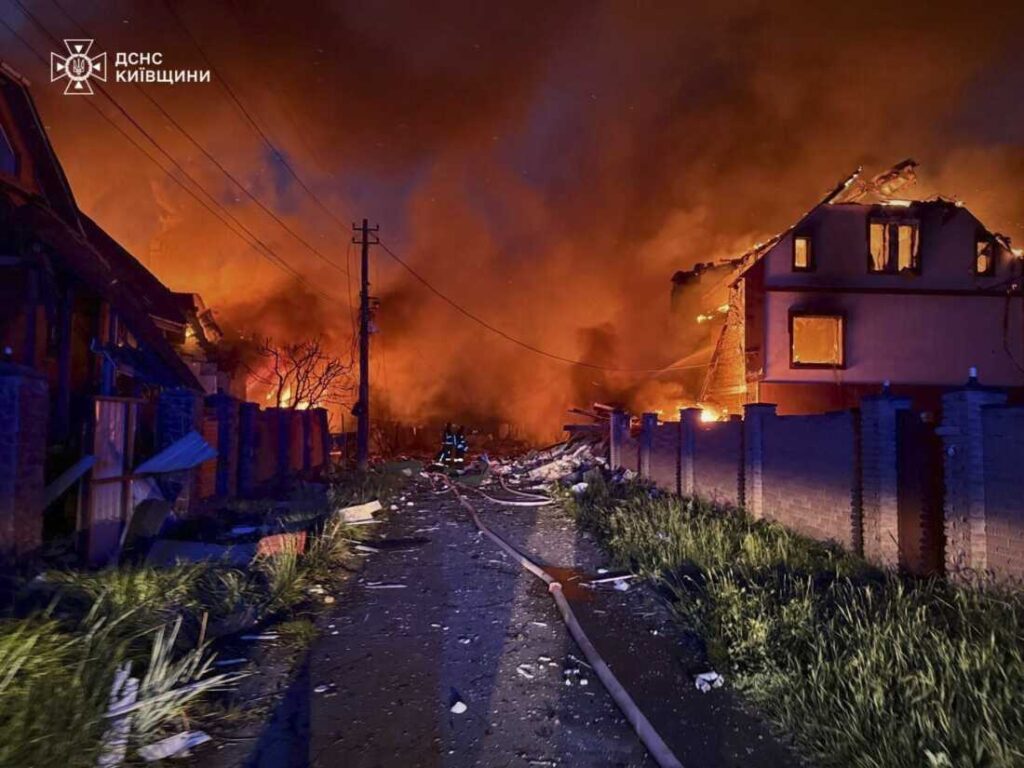In a dramatic and unexpected escalation, Israel launched a sweeping air campaign against Iran, prompting a fierce missile and drone response from Tehran in what analysts are calling the most serious direct military confrontation between the two countries in decades.
Israel’s pre‑emptive strike
At approximately 6:30 a.m. IDT on June 13, Israeli fighter jets struck more than 100 targets across Iran—including nuclear facilities at Natanz, Isfahan and Fordow—as well as multiple military command sites, according to Israeli officials. The offensive, under the codename “Operation Rising Lion,” utilized over 200 aircraft and Mossad‑supported sabotage teams aimed at disabling Iran’s nuclear and ballistic missile capabilities.
Israeli Prime Minister Benjamin Netanyahu defended the strike, saying, “For decades, the leaders of Tehran have openly called for Israel’s destruction….we defend our Arab neighbors.”
Iran reported at least 78 fatalities—including senior IRGC commanders and nuclear scientists—and more than 320 injured. Satellite images confirm extensive damage to above‑ground portions of the Natanz enrichment facility, although underground structures remained intact.
Tehran’s swift counterattack
Within hours, Iran retaliated with Operation “True Promise III,” launching more than 150 ballistic missiles and over 100 drones at Israel. The Israeli Missile Defense System intercepted most threats, but several warheads struck Tel Aviv, Jerusalem and other central cities, causing widespread sirens and emergency warnings. At least three civilians were killed and dozens wounded, as buildings in central Tel Aviv sustained damage. Iranian sources claim upwards of 150 military and intelligence facilities were targeted.
Regional and diplomatic repercussions
The exchange has triggered immediate global concerns. Oil and gold prices spiked amid fears of broader regional instability. International flights were suspended, stock markets dropped, and western leaders including France’s Emmanuel Macron and UN Secretary‑General António Guterres appealed for restraint. A United Nations‑mediated nuclear dialogue between the U.S. and Iran scheduled for Oman has been postponed.
What lies ahead
Both nations remain on high alert. Israeli Defense Minister Israel Katz warned that “Tehran will burn” if Iranian attacks persist. Iran, meanwhile, insists it could escalate further and struck at Israeli and U.S. positions in the region in future phases. The U.S. confirms it did not participate in the initial strike but aided Israel by intercepting incoming Iranian missiles.



